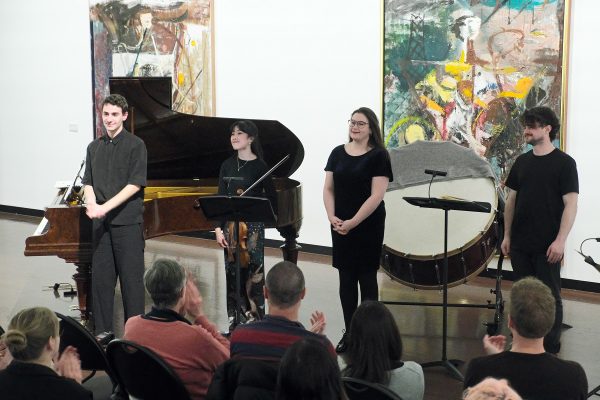
Music / “Death Speaks”. At Drill Hall Gallery, July 21. Reviewed by ROB KENNEDY.
DEATH speaks and we speak back. The mysteries of death have fascinated artists since ancient times. This concert captured portraits of death through music and a haunting song cycle.
Performing in “Death Speaks” were pianist Ronan Apcar, mezzo-soprano AJ America, violinist Donica Tran and electric guitarist Ethan McAlister.
Trying to fight off death may be the most futile task that any human could attempt. But writing about death, through music, poetry, or prose, helps us understand the greater concepts that death brings. The music in this concert offered a chance to engage with death, even though most of us constantly deny its presence.
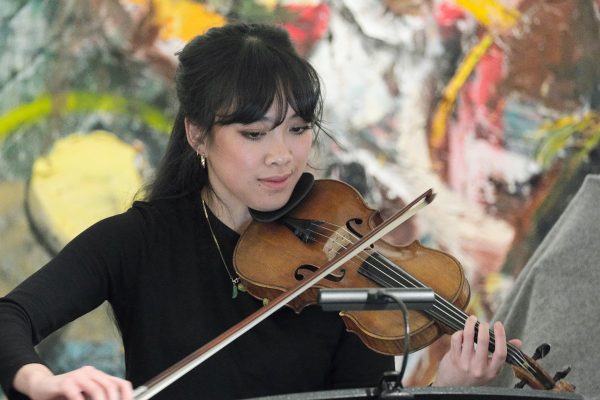
With a loop, violin and electric guitar in ambient mode filling the background to America singing “O, Death” a traditional tune from the US, the feeling was an expression of mournfulness with the icy hand of death singing through. It was a beguiling opening.
In Soomin Kim’s “I’m Doing Well”, with Apcar singing and playing piano, this eclectic work, slightly spiritual, yet funky, experimental and somewhat odd, contained highly emotional lyrics that come from a letter to the composer’s grandmother. The emphasis was not on sound quality but on dramatic effect.
A work by Ethan McAlister followed, it was titled, “A Second Experiment: In homage to Arvo Pärt and Steve Reich”. McAlister’s amplified and echoing guitar added a moody atmosphere to this work.
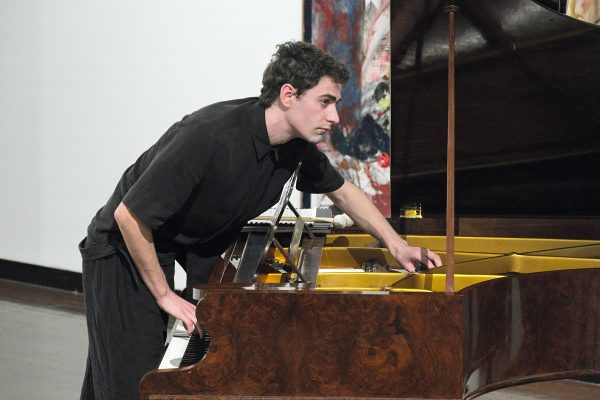
Then, Ronan Apcar’s “Psalm for Rothko’s Chapel”, hit that abstract expressionist feeling smack on. Another work by Ethan McAlister followed, his extensively titled, “An intermission for guitar: March 7, Mid-Afternoon, Bedroom at the Palace, Sunny with a gentle breeze”.
American composer David Lang wrote his song cycle “Death Speaks” in 2013. Inspired by Franz Schubert, this evocative work encapsulates the essence of sadness and how death changes people.
With plucked and staccato instruments as America floated in, out and around a delicate clockwork-like tune, the effect was mesmerising and stopped time. Another piece had America banging a bass drum as she sang, as the other performers slid around her, creating an effective and distinctive song in this cycle. This is the sort of music that stays with a listener for a long, long time.
Finishing with the final movement of Oliver Messiaen’s “Quartet for the end of Time”. It was composed during World War II in a prisoner-of-war-camp in Görlitz, Germany. This is not an easy work to hear or to contemplate why it had to be written. The solemn feel from the piano, with the highly emotionally charged voice of the violin, played so well by Tran, made for an ethereal final work in a captivating and moving concert.
Who can be trusted?
In a world of spin and confusion, there’s never been a more important time to support independent journalism in Canberra.
If you trust our work online and want to enforce the power of independent voices, I invite you to make a small contribution.
Every dollar of support is invested back into our journalism to help keep citynews.com.au strong and free.
Thank you,
Ian Meikle, editor
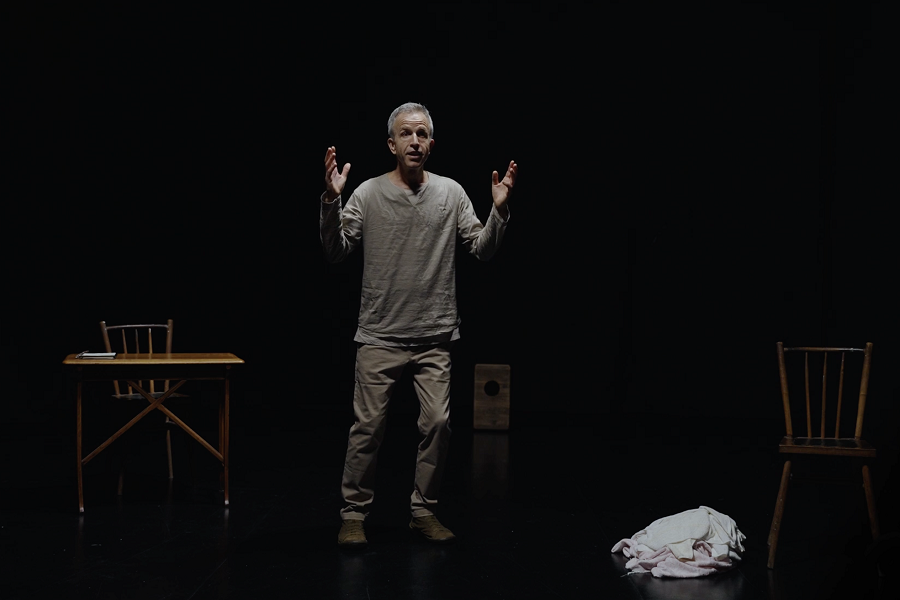
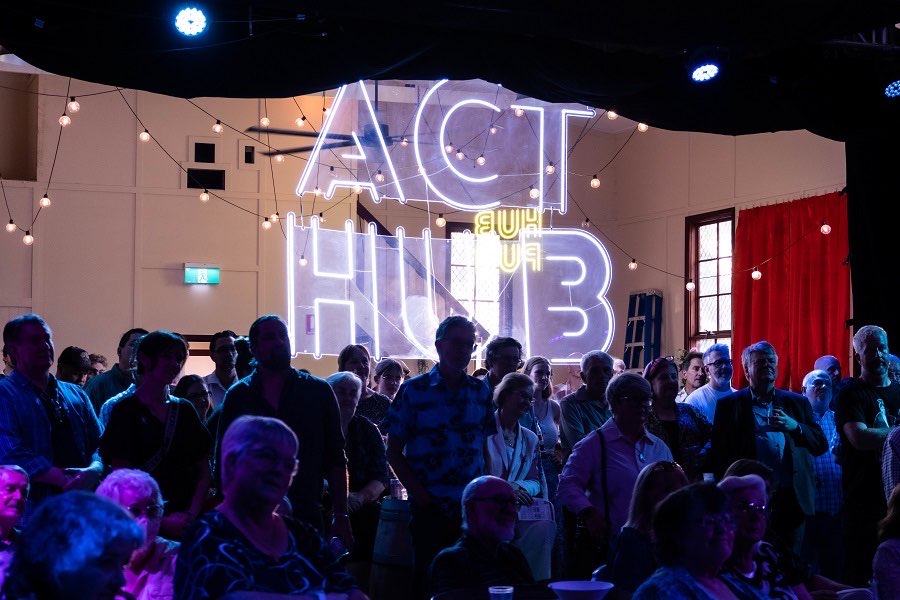
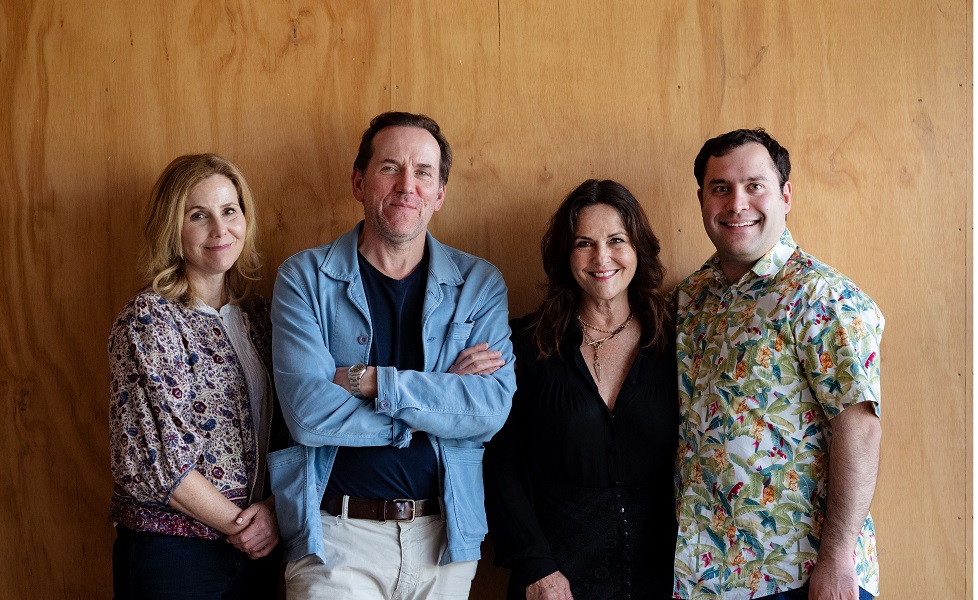

Leave a Reply